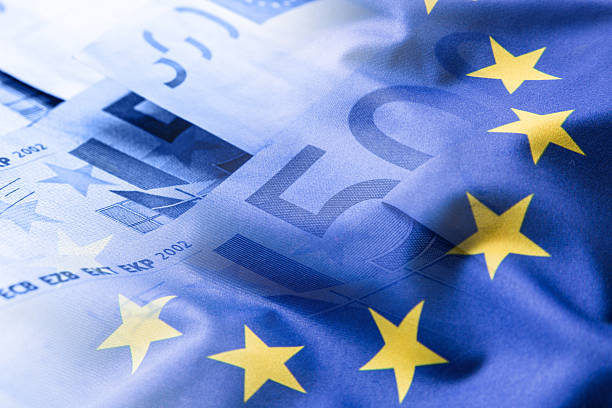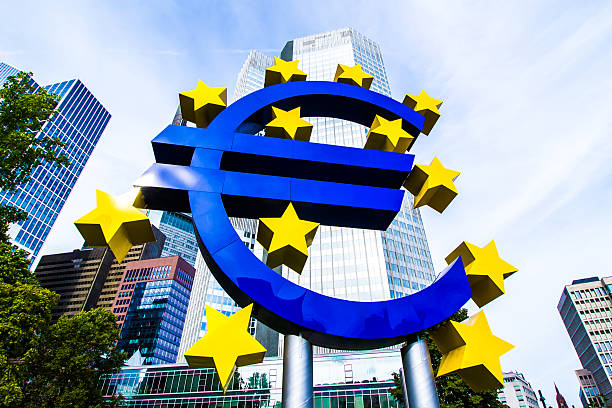EUR/GBP remains tepid around 0.8400 following mixed UK employment data

- EUR/GBP holds losses after the release of UK employment data on Thursday.
- UK Claimant Count Change, claiming jobless benefits, rose to 32.3K in June, surpassing market expectations of 23.4K.
- ECB could maintain its main refinancing rate at 4.25% at the July meeting scheduled later in the day.
EUR/GBP holds mild losses after following mixed employment figures from the United Kingdom (UK) released on Thursday. The EUR/GBP cross trades around 0.8410 during the Asian session on Thursday.
The UK Claimant Count Change, which measures the number of people claiming jobless benefits, rose to 32.3K in June, surpassing market expectations of 23.4K. The previous month's figure was revised from 50.4K to 51.9K.
The ILO Unemployment Rate held steady at 4.4% in the three months to May, matching the previous period's rate. The market consensus was also for a 4.4% reading.
Meanwhile, the Office for National Statistics reported an Employment Change of 19.0K for the three months to May, indicating an increase in the number of employed persons. The previous reading had shown a decrease of 140K.
On Wednesday, the final UK Consumer Price Index (CPI) inflation figures met expectations, but a larger-than-anticipated decline in UK Producer Price Index (PPI) inflation briefly pushed down the British Pound.
Traders shift their focus on the European Central Bank's (ECB) monetary policy meeting scheduled for later on Thursday. The ECB is expected to maintain its main refinancing rate at 4.25% at July’s meeting scheduled on Thursday.
In June, the central bank cut interest rates for the first time since 2019, following nine months of unchanged rates. Analysts foresee two additional rate cuts later this year, potentially in September and December.
ECB President Christine Lagarde is unlikely to outline a specific path for rate cuts. Instead, Lagarde is expected to highlight the need for more data to ensure confidence in the disinflation process before considering further policy easing.
Economic Indicator
ECB Main Refinancing Operations Rate
One of the three key interest rates set by the European Central Bank (ECB), the main refinancing operations rate is the interest rate the ECB charges to banks for one-week long loans. It is announced by the European Central Bank at its eight scheduled annual meetings. If the ECB expects inflation to rise, it will increase its interest rates to bring it back down to its 2% target. This tends to be bullish for the Euro (EUR), since it attracts more foreign capital inflows. Likewise, if the ECB sees inflation falling it may cut the main refinancing operations rate to encourage banks to borrow and lend more, in the hope of driving economic growth. This tends to weaken the Euro as it reduces its attractiveness as a place for investors to park capital.
Read more.
Next release: Thu Jul 18, 2024 12:15
Frequency: Irregular
Consensus: 4.25%
Previous: 4.25%
Source: European Central Bank







